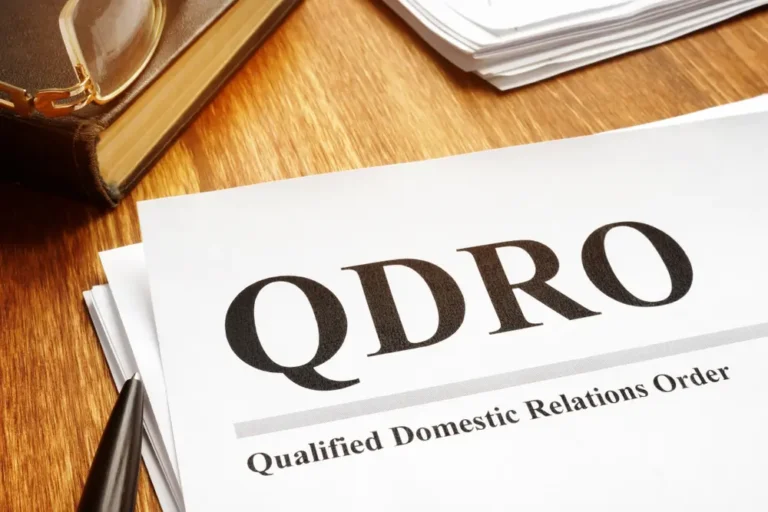Can You Be Friends After Divorce?
How you divorce will shape if you can be friends afterward. Choosing an amicable process, such as Mediation or Collaborative Divorce for your divorce will foster respect and cooperation, making it easier to stay on good terms, which is especially important if you share children or a wider family. A peaceful process will support healthier relationships and emotional well-being moving forward. Post-Divorce Friendship Starts with How You Choose to Divorce Whether you and your former spouse can be friends after the divorce, depends on how the divorce itself is handled. If you treat each other with respect, work through disagreements calmly, and avoid courtroom battles, you are more likely to be on good terms later. That does not mean you will be best friends, but…










